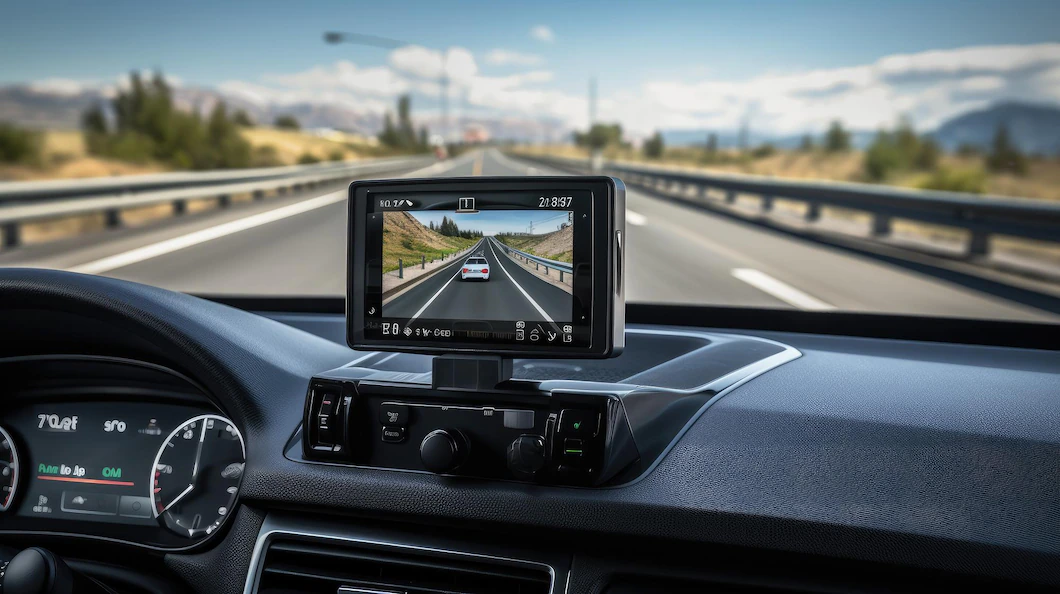Table Of Contents
The Rise Of Commercial Dash Cams: Balancing Safety And Privacy
In recent years, the emergence and rapid advancement of dashboard-mounted cameras, commonly known as dash cams, have significantly impacted the way we perceive road safety and privacy.
Originally designed for law enforcement, dashcams have found their way into commercial and private vehicles, offering an array of benefits and raising important questions about surveillance and data security.
Harnessing Technology For Road Safety
The primary purpose of a dashcam is to record details of road incidents, providing irrefutable evidence in the case of accidents or disputes. This technology has proven invaluable for commercial vehicle operators.
The presence of a commercial dash cam not only encourages safer driving habits but also serves as a critical tool in insurance claims and legal proceedings. It’s a digital eyewitness that offers clarity in complex situations, often leading to quicker resolutions and fostering a culture of accountability on the roads.
Privacy Concerns Amidst Surveillance
However, the widespread adoption of dash cams also brings forth privacy concerns. While they contribute to safer roads, they simultaneously pose a risk of unwarranted surveillance. Dash cams constantly record footage, which might include private properties or individuals who have not consented to be filmed. This aspect of dashcams walks a fine line between public safety and personal privacy, a balance that is yet to be fully achieved.
Legal Landscape And Consumer Awareness
The legal implications of dashcam usage vary significantly across different states and countries. In some regions, strict laws regulate the use of recorded footage, whereas others have more relaxed guidelines. Consumers and commercial entities alike must stay informed about the legal framework surrounding dash cams to ensure they are not inadvertently breaching privacy laws. This knowledge is crucial in harnessing the benefits of dash cams while respecting individual privacy rights.
Read Also: Jeep Car Models That Are Good For Road Trips
Ethical Considerations And Best Practices
The ethical use of dashcams extends beyond legal compliance. It involves respecting the privacy of individuals captured in the footage and ensuring data security. Commercial entities must establish clear policies on who can access the footage and how it is used. Moreover, informing passengers or employees about the presence of dash cams is a step towards transparent and ethical practices.

Technological Innovations And Future Directions
As technology continues to evolve, so do the capabilities of dashcams. Future iterations may offer enhanced features like cloud storage, live streaming, and advanced analytics.
These innovations promise improved efficiency and greater utility but also raise additional privacy concerns. It’s imperative that as dashcams become more sophisticated, corresponding regulations and ethical guidelines are developed to safeguard individual privacy.
A Balanced Road
The rise of commercial dashcams presents a unique intersection of safety and privacy. While they offer undeniable benefits in promoting road safety and providing valuable evidence in legal matters, the privacy implications cannot be overlooked. As we move forward, a balanced approach is essential, one that embraces the advantages of this technology while diligently addressing the privacy concerns it raises.
The future of dash cams lies in this equilibrium, ensuring that our roads are safer without compromising our right to privacy.
Read Also:














